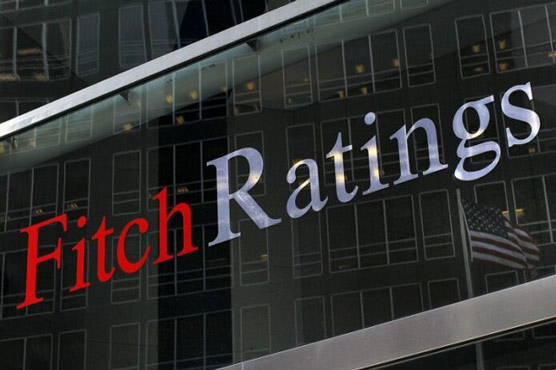Emerging Market Central Banks' aggressive response to Inflation

Output gaps remain deeply negative in some EMs though in others they are expected to narrow: Fitch
LONDON (Web Desk) - Central banks in emerging markets (EM) have been responding aggressively to accelerating inflation, Fitch Ratings says in a new report.
Fitch said that the speed with which the broad direction of EM monetary policy has changed has been striking despite the fact that some of the factors pushing up inflation look transitory, such as soaring food and energy prices, supply bottlenecks, rising demand as economies reopen and country specific one-off factors.
Underlying drivers of inflation continue to be consistent with steadier rates of inflation in the medium term. Domestic inflation pressures have been uneven with some labour markets tightening as unemployment rates decline but this is not evident across all countries, it added.
“Wage pressure appears to be low and the pass-through to consumer prices seems limited. Base effects will bring down aggregate EM year-on-year CPI inflation later this year if monthly rates remain stable”.
Output gaps remain deeply negative in some EMs though in others they are expected to narrow more rapidly over the next two years.
“Despite this more reassuring picture, central bankers are not taking any chances. While they view the current inflation episode as transitory, policymakers are concerned that higher inflation rates could feed through to higher inflation expectations, with the latter at risk of becoming entrenched. Brazil and Russia have raised rates forcefully in recent months,” said Robert Sierra, Director in Fitch Ratings’ Economics Team.
Fitch expect EM inflation to moderate over time as some of these temporary shocks unwind but also as a result of the policy response implemented so far. The prospect of Federal Reserve tapering in 2021 may have played a part in recent responses, but it is clear that EM central banks have less tolerance than their developed market counterparts for above target inflation, even if it is expected to be temporary.


